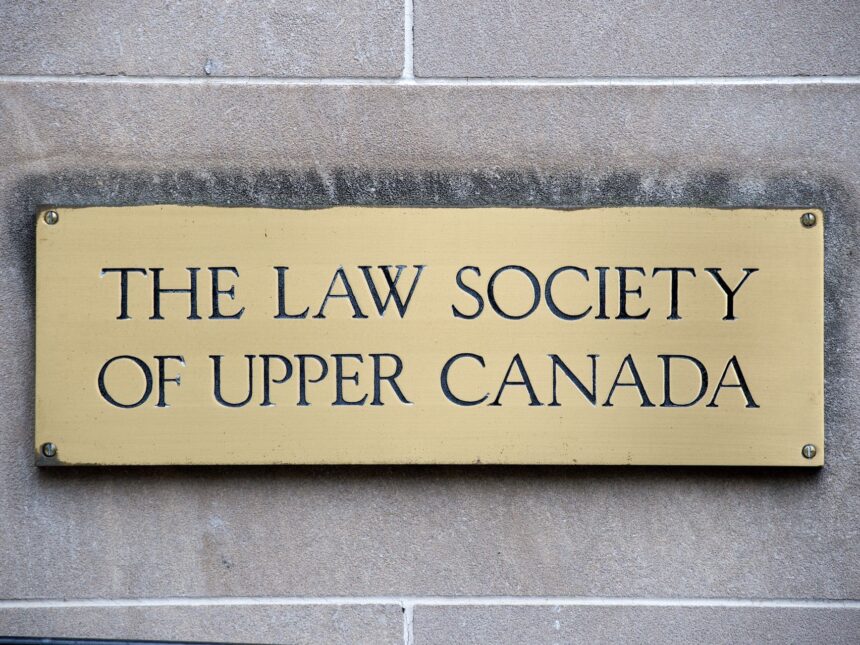In an era where transparency is increasingly demanded of public institutions, the Law Society of Ontario (LSO) – the governing body for the province’s legal professionals – faces mounting criticism over how it handles and discloses complaints against lawyers. An investigation reveals a concerning opacity in the regulatory framework designed to protect Ontarians from legal misconduct.
When Ontarians seek legal representation, they place enormous trust in their counsel. Yet many remain unaware that the disciplinary process meant to safeguard their interests operates largely behind closed doors. The LSO receives approximately 4,000 complaints annually about lawyers and paralegals, but only a fraction ever becomes public knowledge.
“The current system creates an information asymmetry that disadvantages consumers of legal services,” explains Dr. Meredith Evans, a legal ethics researcher at the University of Toronto. “Clients deserve to know if their lawyer has a history of complaints, even those that didn’t result in formal discipline.”
Under the current framework, complaints against lawyers remain confidential unless they proceed to a formal disciplinary hearing – a threshold crossed by fewer than 5% of all complaints. This means that patterns of concerning behavior that don’t individually warrant formal discipline remain hidden from potential clients.
The LSO defends this approach as necessary to protect lawyers from reputational damage based on unproven allegations. Spokesperson Martin Reid stated, “The Law Society must balance transparency with fairness to legal professionals whose livelihoods depend on their reputation.”
However, critics point to jurisdictions like Colorado and Florida where greater transparency exists without undermining the legal profession. These states publish more comprehensive information about complaints, including those resolved through informal means.
The implications extend beyond individual client-lawyer relationships. The financial impact of inadequate legal representation can be devastating, particularly in high-stakes matters like business litigation, family law, or criminal defense. Without comprehensive information about their counsel’s professional history, clients cannot make fully informed decisions about who should represent their interests.
Canadian legal experts have increasingly called for reform. “What we need is a middle ground,” argues Sophia Ramirez, chair of the Consumer Advocacy Legal Coalition. “Not every complaint warrants public disclosure, but patterns of similar complaints should trigger some form of disclosure requirement, even without formal discipline.”
The LSO’s regulatory framework also faces criticism for its handling of complaints in politically sensitive cases. When legal matters intersect with politics, the closed-door approach to complaints raises questions about whether powerful interests receive preferential treatment.
Reform advocates suggest several potential solutions, including a tiered disclosure system where multiple similar complaints would trigger disclosure requirements, even without formal discipline. Other proposals include anonymized reporting of complaint statistics by lawyer or firm to help identify patterns while protecting individual reputations until misconduct is proven.
As legal services become increasingly costly and consequential, the question looms large: does the current regulatory framework serve the public it was designed to protect? With growing demands for accountability across all professional sectors, how long can the legal profession maintain a complaint system that shields all but the most serious misconduct from public view?


















